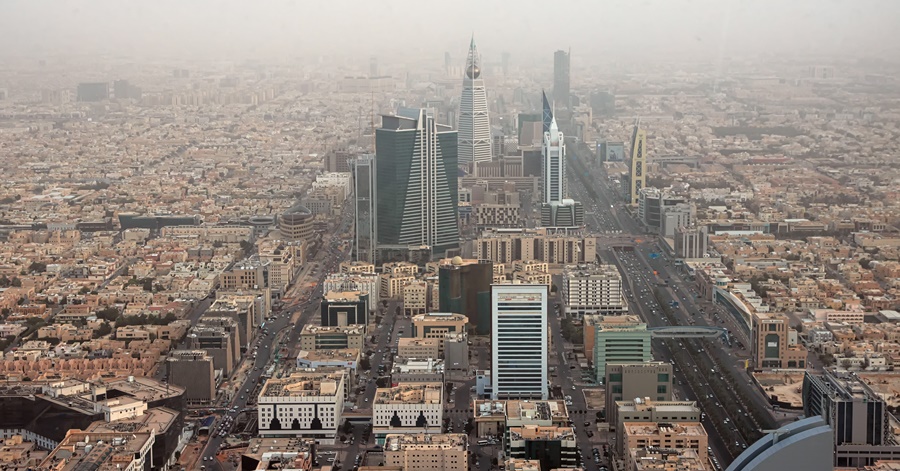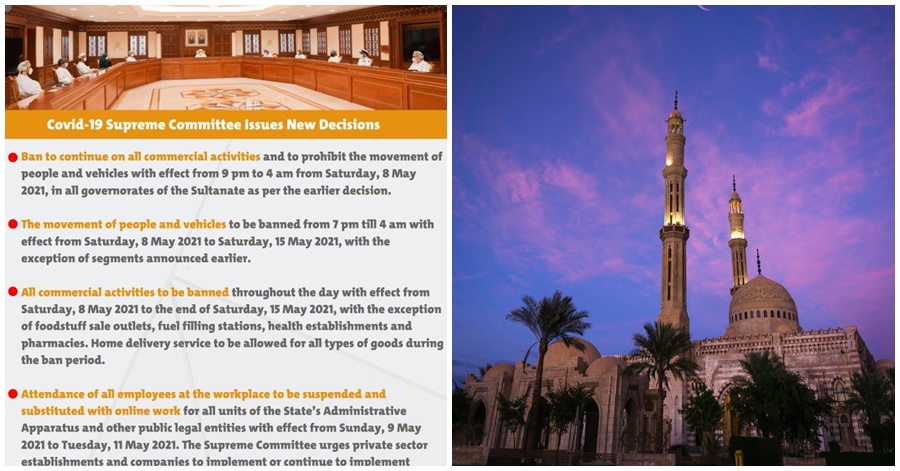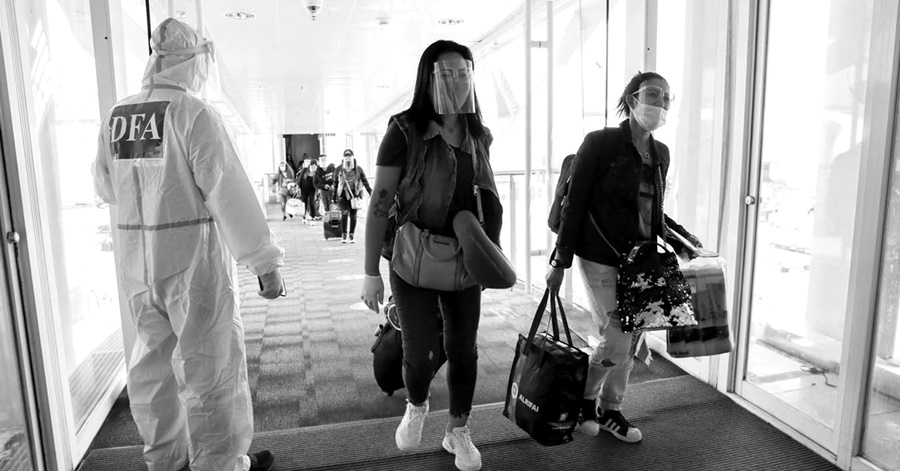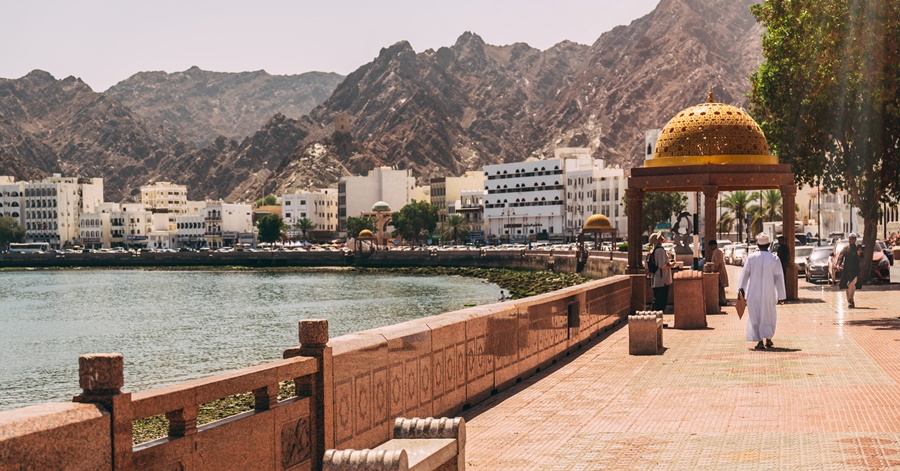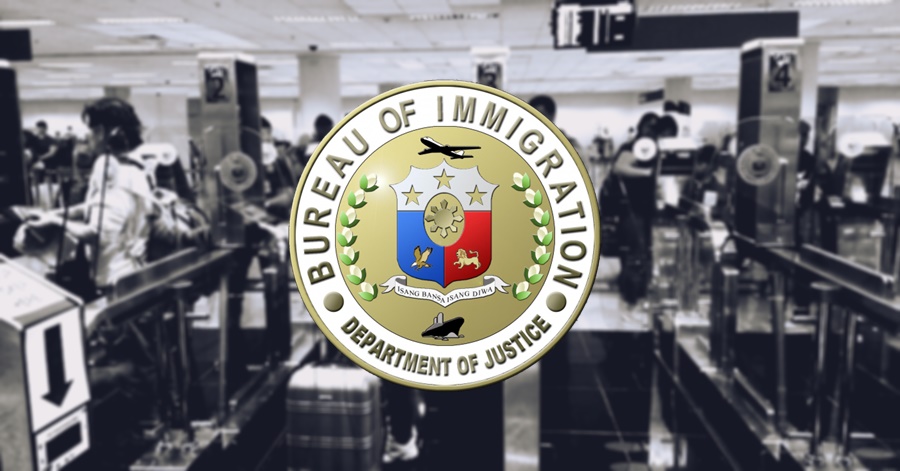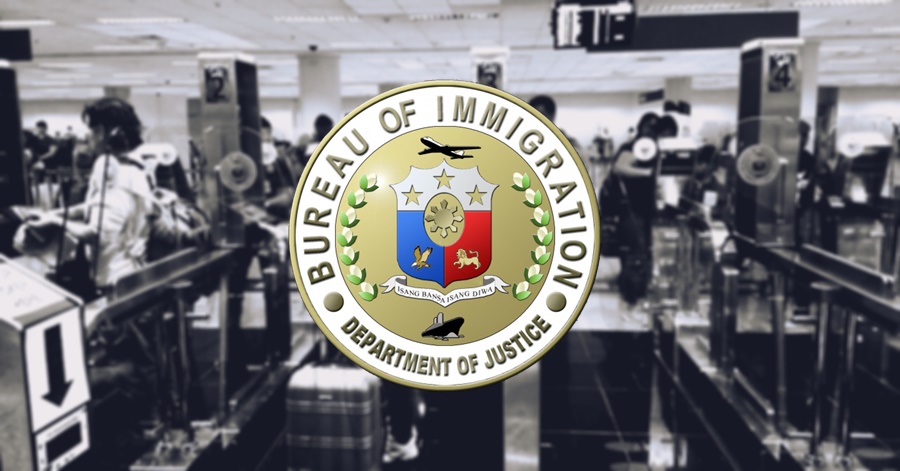Earlier, astronomy experts have projected that Ramadan in the UAE this year will fall on April 13 or 14, depending on the country’s moon-sighting committee. In line with this, authorities, have laid out all preventive measures to ensure that the threat of COVID-19 remains at bay, even as the country is now rolling out its vaccination campaign at full speed.
In line with this, the UAE will welcome Ramadan 2021 without mobility restrictions but must infuse religious traditions with prevention, thanks to the country’s immense progress in the COVID-19 vaccination program.

Here Are The Ramadan Protocols In The UAE This Year
The country is on its second year observing Ramadan under the circumstances of COVID-19. When the virus broke out last year, people had to get used to the prolonged sound of sirens at night, imposing residents to return home, as well as the National Sterilization Program taking place at the onset of the COVID-19 outbreak in the UAE. All these took place as the country marked Ramadan in the middle of the pandemic, the Khaleej Times reported.
In its second socially distanced observance of the holy month of Ramadan, here are the safety protocols residents must observe in the country:
Gatherings Still Discouraged
The National Emergency Crisis and Disasters Management Authority (NCEMA) advised the public to avoid large social gatherings during Ramadan, stating that these events risk the lives of the elderly and people with chronic diseases.
This implies that the tradition of Iftar tents privately housed in the people’s homes and public donation tents are prohibited across the seven emirates.
Ahmed Darwish Al Muhairi, Executive Director of the Department of Charitable Work at the Ministry of Islamic Affairs and Charitable Activities in Dubai, announced that all permits for Ramadan tents, pilgrims and Iftar meetings have been cancelled in accordance with the instructions from health authorities and government preventive measures.
“Health safety is one of the department’s top priorities. We will take whatever is needed to help people pass the Holy Month safely. Compliance with preventive and precautionary measures is a collective community responsibility to protect public health,” said Darwish.
Meanwhile, duly-recognized charitable institutions will continue with their annual provision of Iftar meals. UAE authorities have urged both individuals and companies to coordinate with such charitable organizations if they wish to contribute to this year’s Iftar meal distribution for those in need.
Social Etiquette
Also, expat residents will be required to observe public restrictions, with respect to the vast majority who will be fasting during this period. This includes the prohibition of eating food and drinking water in public. Smoking is also not allowed in public during this time.
Non-Muslims who will not comply with such rules may be fined up to AED 2,000, as per the UAE Penal Code.
Article 313 of the UAE’s Penal Code states that: “[Violators] shall be sentenced to detention for a term not exceeding one month or a fine of not excess of two thousand Dirham whoever: In a public place consumes food or drinks or any other thing that breaks the fast during the Ramadan period.”
Mosque Restrictions
In keeping with this, the Dubai Supreme Council for Crisis and Disaster Management headed by His Highness Sheikh Sheikh Mansour bin Mohammed bin Rashid Al Maktoum urged the public that the faithful may perform their Taraweeh prayers across mosques in the emirate, provided that they follow precautionary measures including bringing of their own prayer mats, social distancing, and a maximum of 30 minutes of prayer in establishments.
Also, Iftar meals are not allowed inside mosques as these will be closed immediately after prayers. Meanwhile, women’s prayer areas, other facilities and external roads with praying areas will also remain closed.
Religious lessons and meetings in mosques will remain suspended, with the option of virtual participation. The government encourages reading the Quran through smart devices, and electronic donations, and zakat.
For the Qiyam-ul-layl during the last ten days of Ramadan, authorities will first evaluate the status of the pandemic in the country through continuous assessments, and measures will be enforced according to the new developments observed.
As the country once again enters this solemn period of faith, all residents are strongly urged by the government to adhere to public safety protocols and be considerate of others observing their religious traditions.
READ NEXT: Saudi Arabia to Require COVID-19 Vaccination for Hajj 2021

